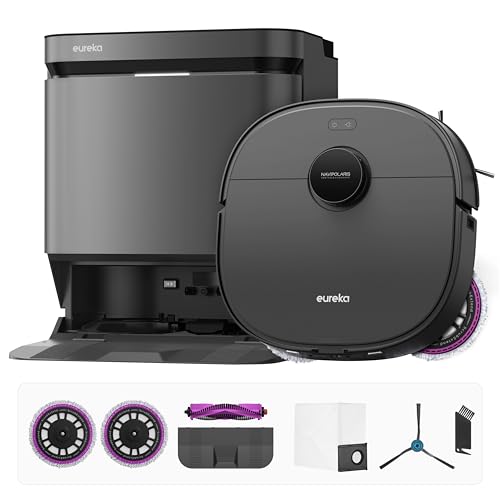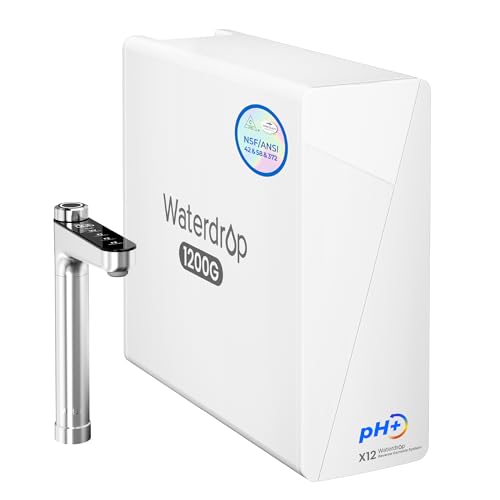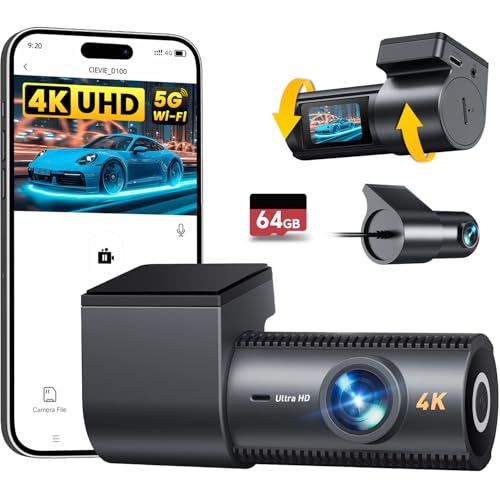Your ID, credit card details, and facial biometrics for accessing adult websites? That’s exactly what UK residents rejected when the Online Safety Act kicked in July 25th. Instead of complying with mandatory age verification checks, tech-savvy Brits triggered a massive 1,400% surge in VPN sign-ups—with privacy trumping regulatory compliance in spectacular fashion.
The numbers tell the story of digital rebellion. Proton VPN alone saw sign-ups skyrocket over 1,400% following enforcement, while Google searches for VPN services jumped 300% across the UK. The catalyst? New regulations demanding robust identity checks—including passport uploads, credit card verification, and facial recognition scans—for any website displaying adult or potentially harmful content.
You know that uncomfortable feeling when a sketchy website asks for your credit card “just for age verification”? Multiply that by every adult site requiring government-grade identity verification, and you understand why VPNs became Britain’s digital escape route.
Here’s where the plot thickens dangerously: free VPN apps flooding app stores aren’t your privacy saviors. Research reveals 38% of Android VPN applications contain malware, turning your privacy solution into a data harvesting nightmare. Services like Hola VPN literally sell your IP address to third parties, while others like Hotspot Shield faced FTC complaints for sharing personal information with advertisers.
The golden rule? If you’re not paying for the VPN service, you’re likely the product being sold.
Trustworthy free options do exist—Proton VPN, hide.me, TunnelBear, and Windscribe offer legitimate free tiers supported by paid subscriptions. These services undergo independent security audits, maintain transparent privacy policies, and operate clear business models that don’t involve monetizing your browsing data.
But this digital cat-and-mouse game has an expiration date. Cybersecurity experts warn that up to 90% of VPN services can be “fingerprinted” and blocked by website operators. Major platforms may soon deploy advanced detection systems, closing these privacy loopholes faster than you can say “location spoofing.”
The VPN boom reflects a fundamental tension between regulatory compliance and digital privacy rights—one that’s reshaping how UK residents navigate online restrictions in an increasingly surveilled internet landscape.




























